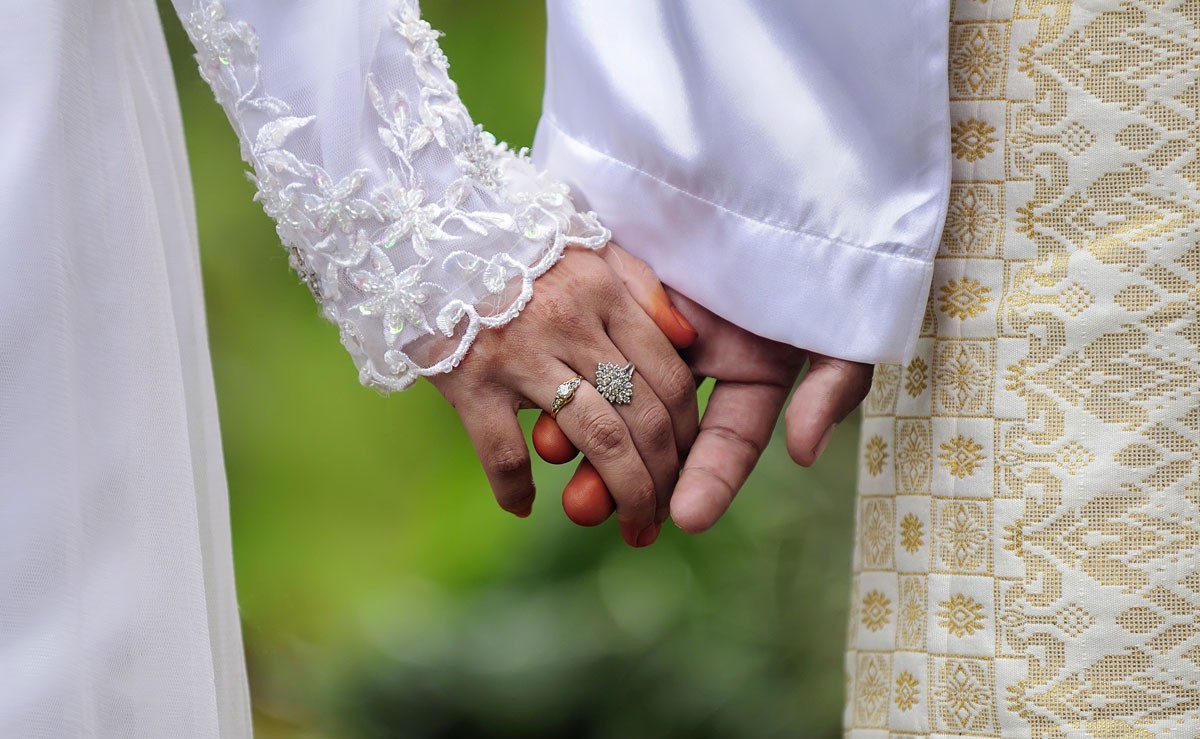Popular Reads
Top Results
Can't find what you're looking for?
View all search resultsPopular Reads
Top Results
Can't find what you're looking for?
View all search resultsEDITORIAL: 'Nikah siri' and denied rights
One in four villagers was in an unregistered marriage.
Change text size
Gift Premium Articles
to Anyone
T
he controversy surrounding nikah siri (unofficial, unregistered marriage) remains unabated in Muslim-majority Indonesia. The media has oftentimes reported high-profile figures and celebrities who tied the knot with a nikah siri commitment but then broke up after a few years, either because of a divorce or death, and the grievances of their abandoned wives and children. But this is not enough of an example for many to avoid the practice.
In fact, nikah siri, which are normally conducted away from the public eye, are a common phenomenon in the country. A 2012 study conducted in 111 villages across 17 provinces by the Empowerment of Female Heads of Households Program (Pekka) discovered that one in four villagers was in an unregistered marriage.
From the perspective of Islam, nikah siri is indeed lawful, because of the presence of a penghulu (Muslim wedding officiant), although in many cases he is not authorized by the Religious Affairs Ministry to perform the job, as our Special Report on page 8 found. However, the 1974 Marriage Law stipulates that a marriage is deemed legitimate if it meets religious formalities and is registered by the state.
Indonesian Muslims’ ambivalent attitudes toward nikah siri to a certain extent have their roots in the legislation. In general, people understand the legal and social consequences of unofficial marriage, including the absence of right on the part of the wife and child(ren) to inheritance or state documents. The 1974 marriage law stipulates that such unregistered marriages are illegal, but fails to explicitly ban them or criminalize anyone practicing them.
The confusion worsened after the Indonesian Ulema Council (MUI) issued a fatwa (non-binding edict) in 2006, which says unregistered marriage is halal (permissible under Islamic law), as long as it meets all the requirements stipulated in the sharia: A marriage is legitimate only upon the presence of witnesses, a dowry and guardians (for the bride).
Those developments have contributed to a socio-religious dilemma for Indonesian Muslims when it comes to nikah siri. Even though it is generally criticized, it is widely practiced.
There are various reasons for nikah siri. Some parents let their underage daughters marry this way and legalize the nuptials later when the women have reached adulthood. Others do it on the pretext that nikah siri would prevent them from adultery. However, there are men who choose nikah siri to commit adultery, taking advantage of the loose requirements for unregistered marriage. Worse is the fact that there are others who take nikah siri to the next level and reduce it to “justified” prostitution.
There has been ample evidence showing the plight of women and children when a family resulting from a nikah siri has to end. They cannot claim the rights they deserve because of the unavailability of valid marriage documents, although the Constitutional Court has ruled otherwise.
Nikah siri definitely favors men, at the expense of women and their children. It must be put to an end for the sake of equality and justice, perhaps by having the Marriage Law ban it.










